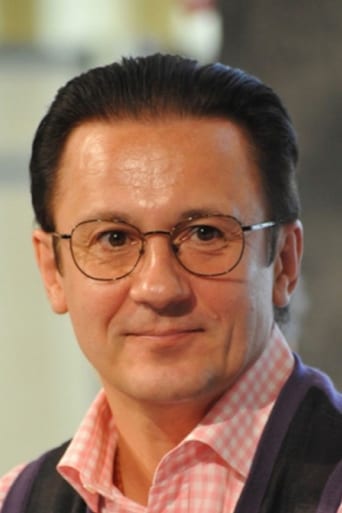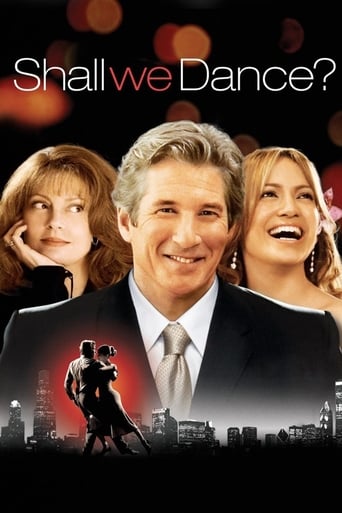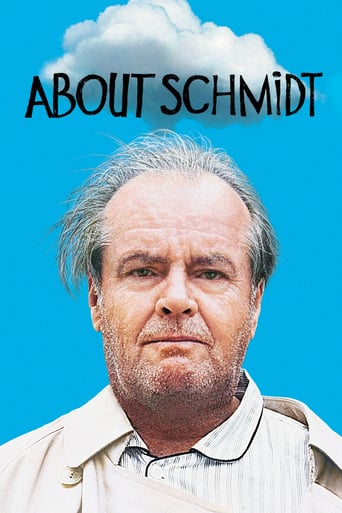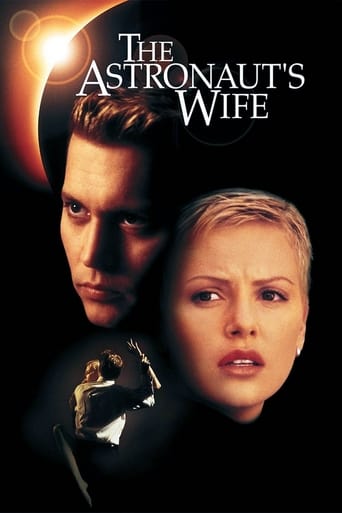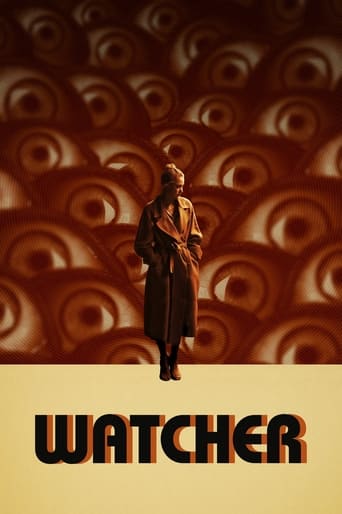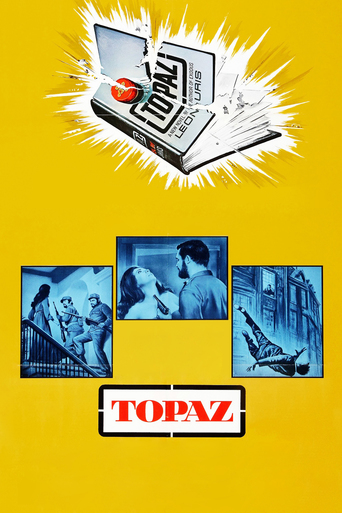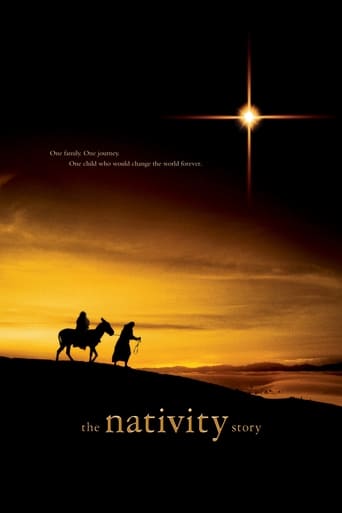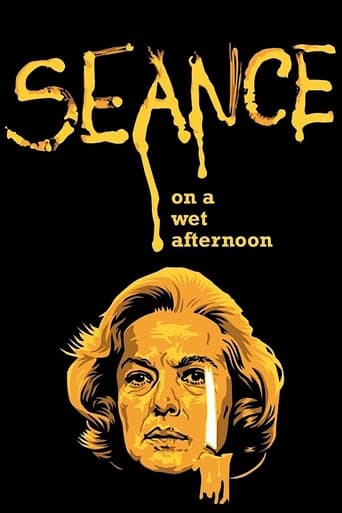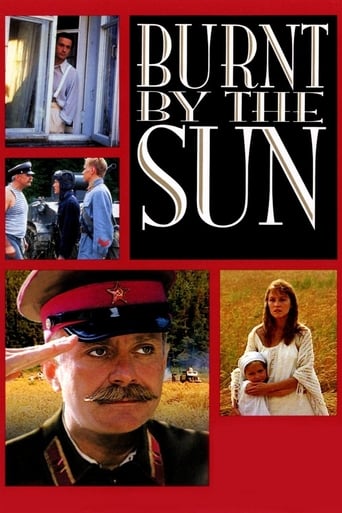
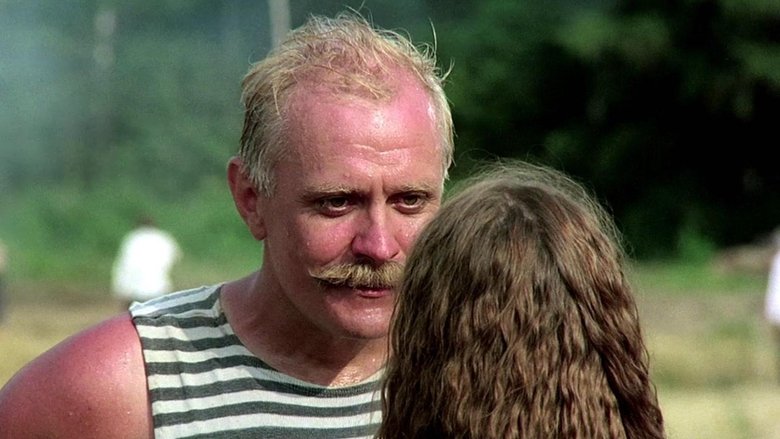
Burnt by the Sun (1995)
Russia, 1936: revolutionary hero Colonel Kotov is spending an idyllic summer in his dacha with his young wife and six-year-old daughter Nadia and other assorted family and friends. Things change dramatically with the unheralded arrival of Cousin Dmitri from Moscow, who charms the women and little Nadia with his games and pianistic bravura. But Kotov isn't fooled: this is the time of Stalin's repression, with telephone calls in the middle of the night spelling doom - and he knows that Dmitri isn't paying a social call...
Watch Trailer
Cast
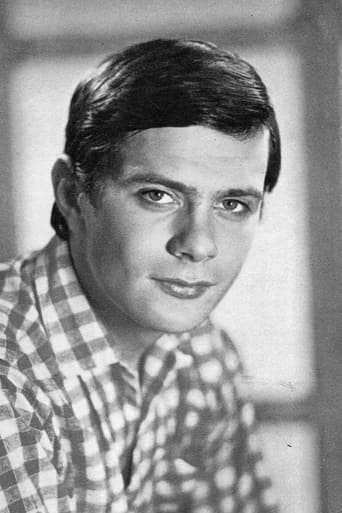
Similar titles
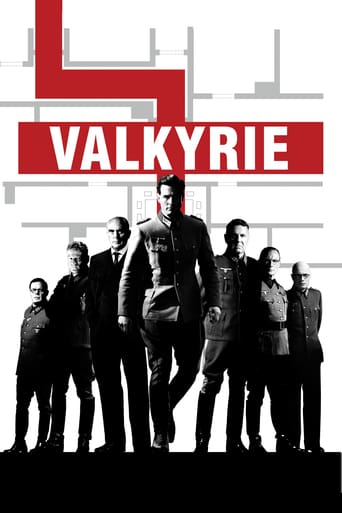
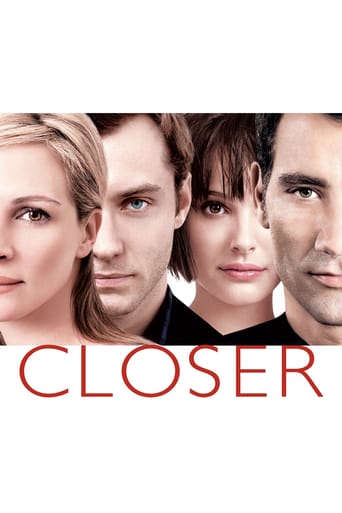
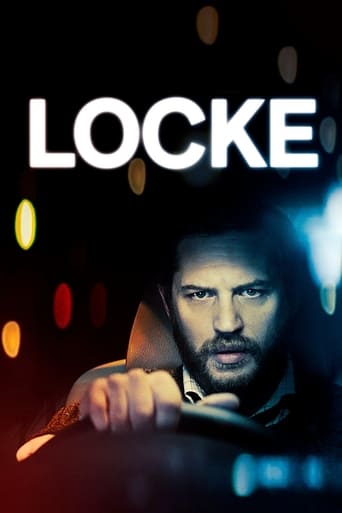
Reviews
Just perfect...
Absolutely brilliant
Fun premise, good actors, bad writing. This film seemed to have potential at the beginning but it quickly devolves into a trite action film. Ultimately it's very boring.
The best films of this genre always show a path and provide a takeaway for being a better person.
I must preface this review by explaining that I am not really a history person, I do not take that much interest in politics, I certainly do not claim to know very much about Russia, and I know even less about Stalin as a man. I do, however, have an affinity to heartfelt emotional scenes and character centered stories. That being said, "Burnt by the Sun" was a rather slow, but not entirely unlikeable film. Until the last approximately thirty minutes, where I felt it really shined. Pun intended. Nikita Mikhalkov was not only the director of this film, but also the writer and lead actor. He played Colonel Kostov, a lovable man from start to finish. Kostov's daughter is named Nadia, played by none other than the aforementioned director's real life daughter Nadia. This, of course, explains the phenomenal chemistry between on screen father and daughter. Upon learning this, rather than being disappointed that the performances were not so based solely on their own merit, I felt even more appreciation for the film. Somehow, the fact that they were really father and daughter; that Mikhalov says that he "decided to play this role for the unique reason of helping the performance of my daughter... Nadia revealed herself to be an amazing acting partner"(http://www.sonyclassics.com/burntbysun/misc/interview.html); that he held her on his shoulders as he accepted his Academy Award, had me wishing I could grade this film based solely on the relationship between father and daughter, both on and off screen, especially as shown in choice scenes. One memorable scene is father talking innocently about what he wants for his daughter on a seemingly ordinary boat ride. Another shows young Nadia fixing her hair and face in the black car's hood before approaching the men who will be responsible for her father's end with heart wrenching kindness, asking them how they are and offering them cakes. I wanted to shake some sense into her. Another shows Kostov raising his daughter into the air and swinging his wife around as those same men watch nearby, posed and ready to chase him, but slightly guiltily stepping back when they realize it is only a gesture of his love rather than an escape attempt. The symbolism here is, in many cases, overly overt and obvious. The random fireballs across the sky that symbolize Stalin's sudden and arbitrary violence (incongruous to the film's flow in my opinion), the forever lost truck driver that reappears throughout the film to represent the Russian peasant who has lost his way (supposed to be funny, but feels more distracting and unnecessary), the perfectly timed oversized poster of Stalin's face rising into the air, held by a beautiful hot air balloon and bordered in a bright red (coinciding with the execution of Kostov and expected patriotic soundtrack). At least there feels like there is some fairness by the film's end. Sadly, this is only in written epilogue film. I would not even call it a good one, only a realistic one. From what I have read, more historically realistic than the rest of the film.
This is an interestingly broken-backed film. Set during the Stalinist era during one idyllic summer, it begins by contrasting the lives of Dmitriy (Oleg Menshikov) and Sergey (Nikita Mikhailkov) - the one a dilettante musician and pianist, the other a colonel in the Russian army and favorite of the premier. They both have a claim on Marusya (Ingeborg Dapkunaite): Srgey is married to her, and Dmitriy was a former lover of hers. It seems that the film's moral scheme is relatively straightforward: Dmitriy is talented but feckless, while Sergey seems virtually untouchable - not only does he have a great career, but he is happily married as well. However director Mikhailkov turns the tables on our expectations and thereby transforms BURNT BY THE SUN into a penetrating analysis of how dictatorships corrupt everyone around them. Concepts of 'good' and 'evil# no longer prevail: everyone simply does what it takes in order to survive. The ending is both shocking yet predictable. Visually speaking, the film contrasts the idyllic surroundings of Dmitriy's dacha with the behavior of the protagonists - it seems that no one can actively enjoy the delights of glorious summer weather, for fear of being discovered. Life at that time must have been precarious, with no one actually being sure as to what would happen to them next. BURNT BY THE SUN is slow-moving, but Mikhailkov's camera has an eye for telling detail and significant gestures. Definitely worth watching.
or only testimony. or homage. a film in which Tchekov nuances are parts of a profound terrible lesson about values. about duty, about cowardice, about roots and fruits of love, about little things of life, about games as shadows and idealism as cage. about heroism and expectations. about death and power of sacrifice. about limits and beauty. about innocence and a cruel maleficent time. about portrait of a man. and its mark as mirror of a lost East.sure, a masterpiece. with many definitions. gorgeous images, Mikhalkov science of details, music, great cast, delicate questions. but its value is more subtle. it is art to create a drawing. a perfect image of a tragedy out of words, image, imagination. to make a gift to an universe for who the past is almost fiction. to reflect a present not very different by this hideous portrait. for say the Truth. as aura in a summer. behind the presence of a very familiar stranger. his words. his games. his mission. his death. letters of an old tale. about truth, faith and happiness. few money. and silhouette of Juda. a tale. same colors in a mirror. a mirror of East.
Though I love Chekhov the better a production of one of his masterpieces I see the sadder I am that I am still missing wonderful nuances because 1) I don't speak Russian and 2) I have no Direct, or Primary Source if you will, knowledge of Russia and so have to rely on reasonably extensive reading which is, of course, no substitute. So in effect I know no more of Stalinist Russia than I do of, say, Wonderland, the Wonderland from which I selected my Summary for this critique but the fact that I cannot speak Jabberwock doesn't prevent me from enjoying Alice In Wonderland and nor does my lack of Russian prevent me from savouring this wonderful evocation of a totally corrupt regime viewed largely through a prism of innocence if not ignorance. In many ways there is a feeling of late Chekov here in the scenes of a languorous summer afternoon viewed through the eyes of an ex-aristocratic family gathered on a Chekhovian dacha in which they have succeeded in keeping reality at bay. Those with a taste for metaphor will find it in the delivery driver going around in circles before eventually being shot and those with a taste for acting of the highest quality will find it in the Writer-Director and Leading Man, Kotov, in his nemesis Mitya, and even in his own real-life daughter, Nadya. Love, Death, Pain, Laughter, Tears, Joy, Anguish, Bitterness, Despair are all present and correct in this exceptional melange which is too rich to savour at one sitting and requires multiple viewings. Did I say masterpiece? In spades.
